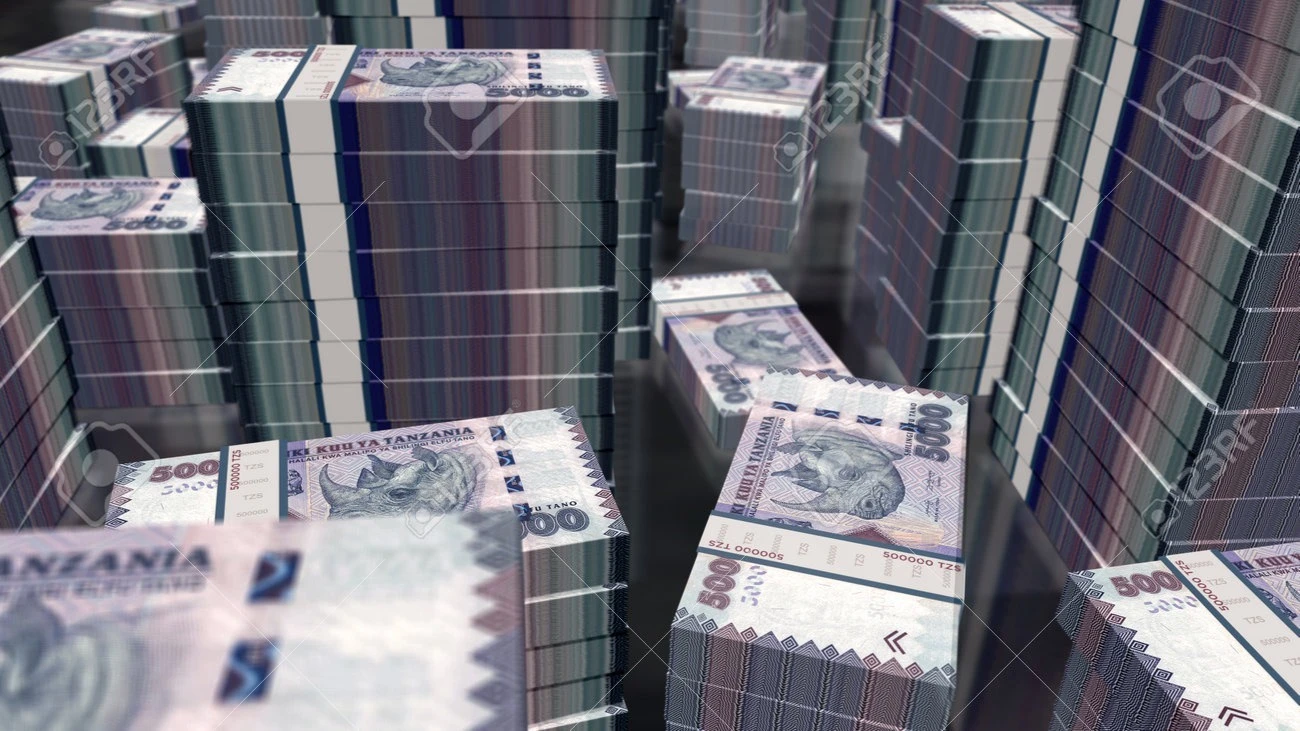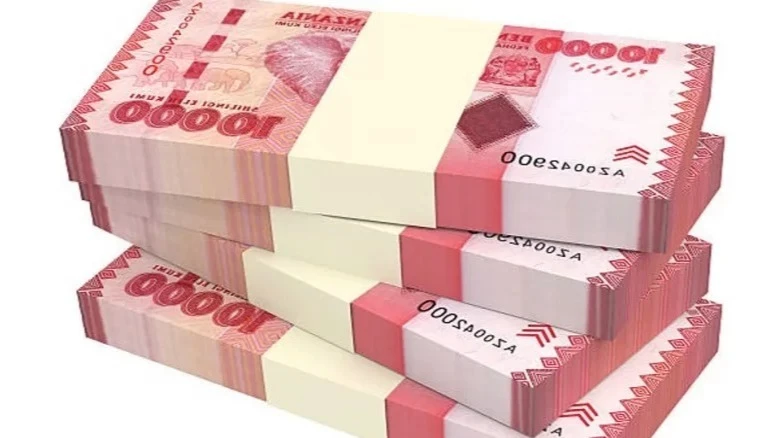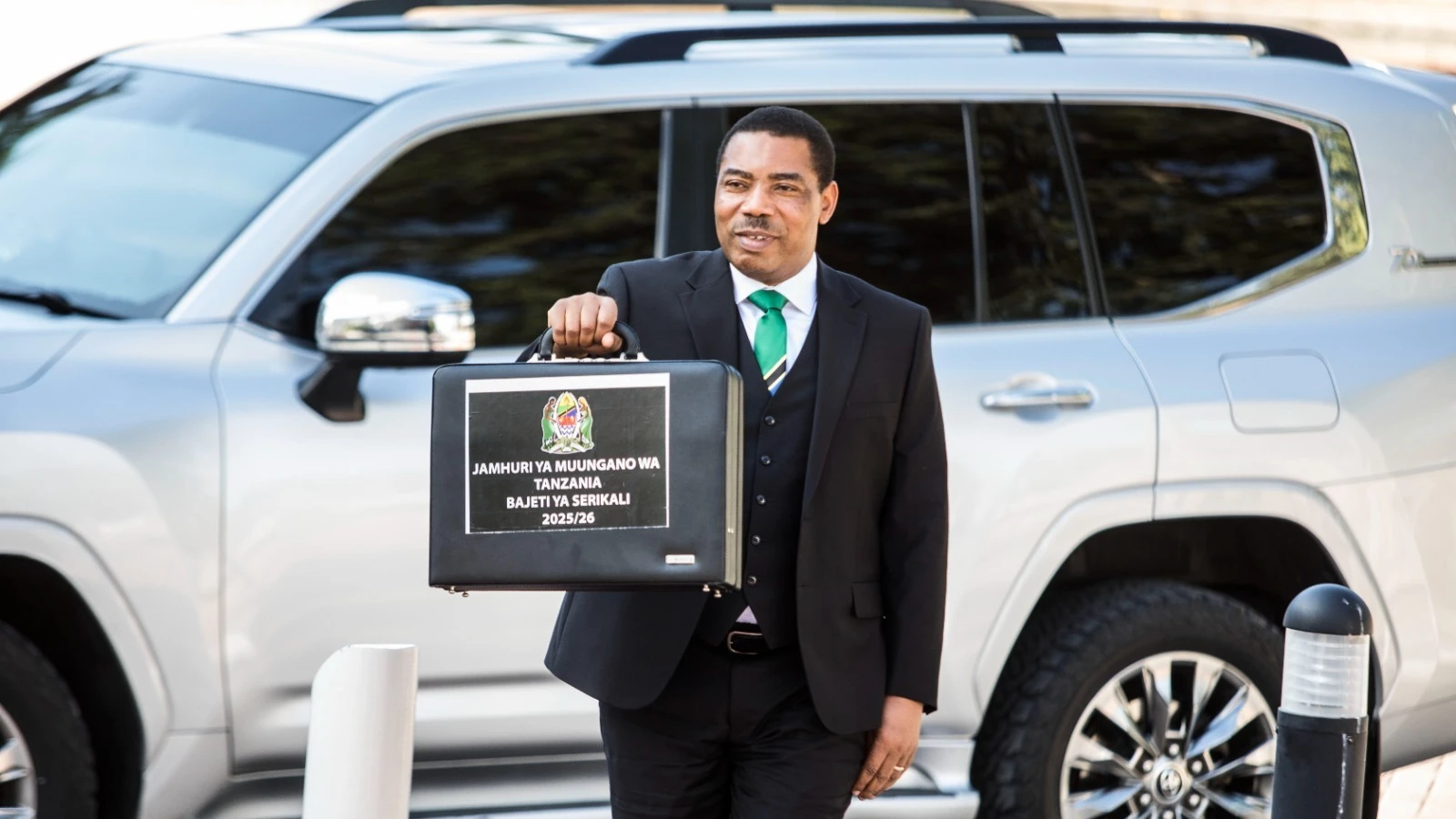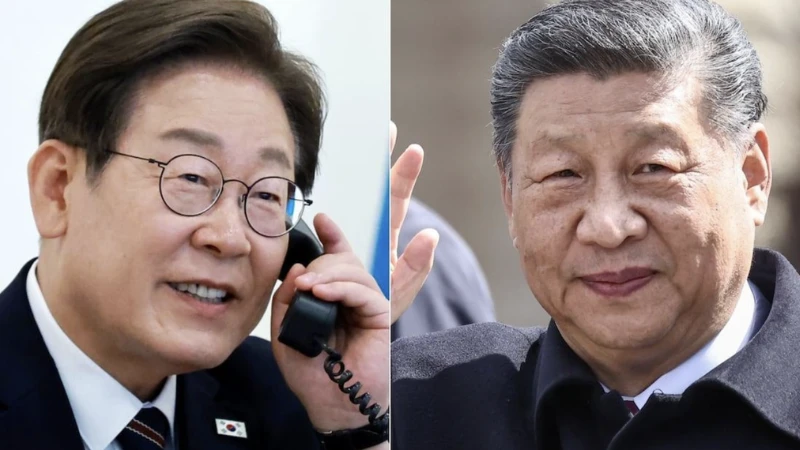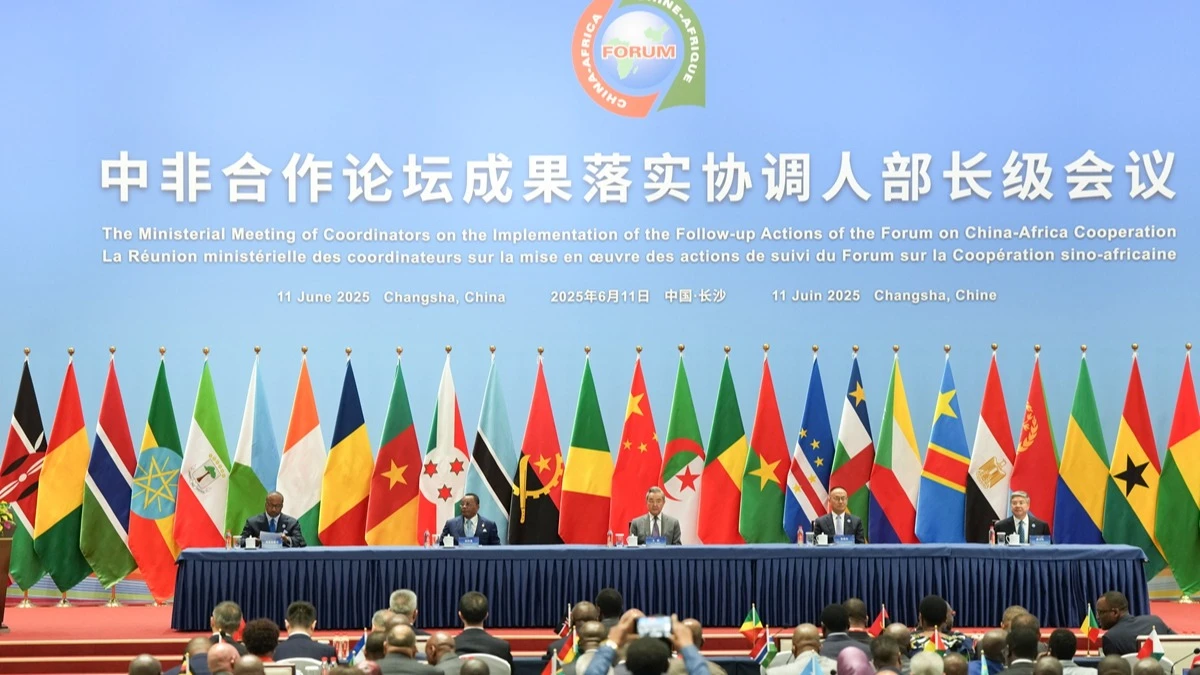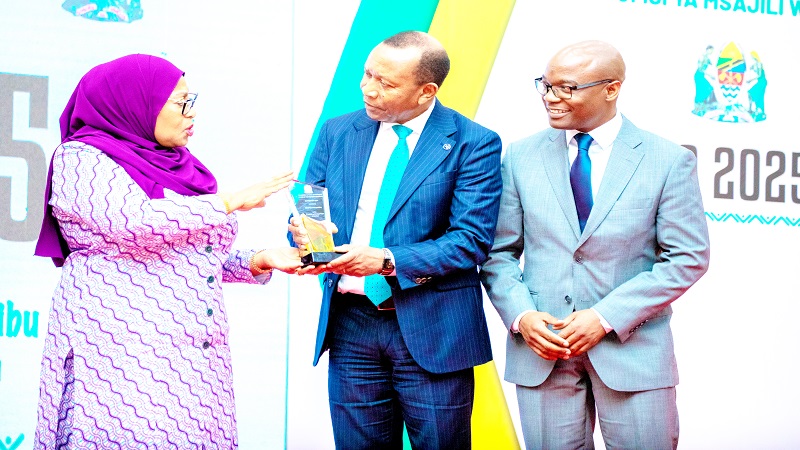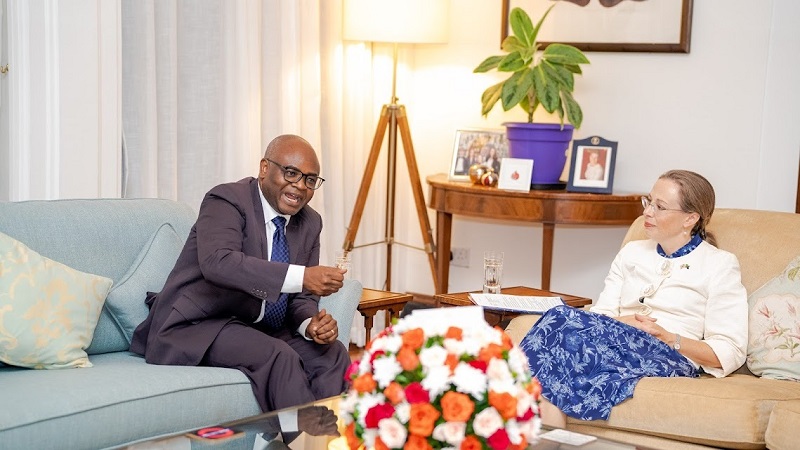Energy sector VAT waivers key in budget tax proposals
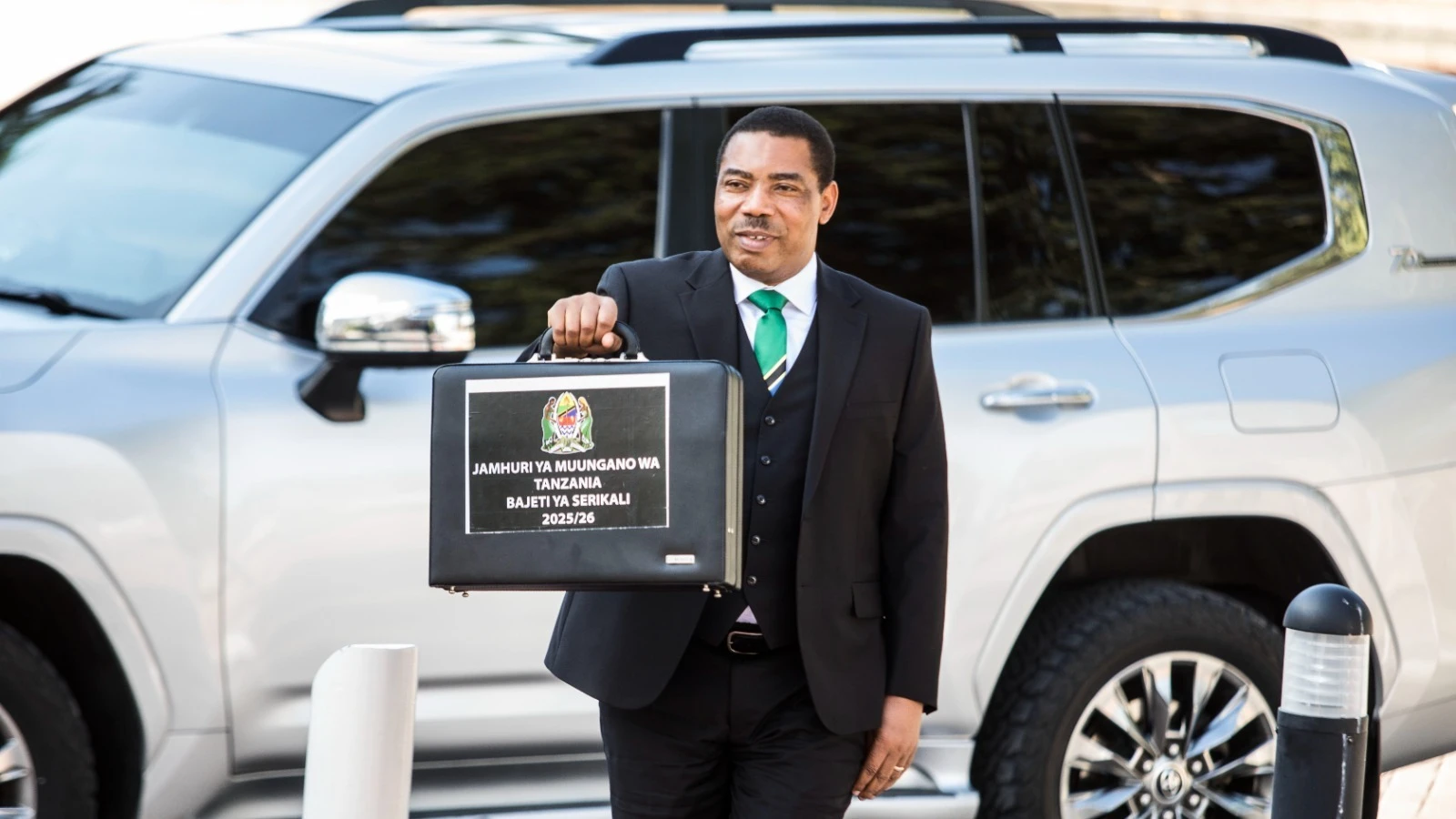
EXEMPTIONS on gaming equipment and other supplies meant to align tax treatment across all sports is expected to increase revenue by 322bn/-, on the basis of budget proposals where energy sector VAT exemptions featured prominently.
Dr Mwigulu Nchemba, the Finance minister, made these proposals in presenting the central government budget estimates totalling 56.49trn/- in the National Assembly yesterday. He highlighted key tax adjustments including a VAT exemption on natural gas sold to compressed natural gas (CNG) stations, intended to encourage investment in cleaner energy infrastructure and reduce dependence on charcoal and firewood.
Additional VAT exemptions cover cooking gas cylinders and pollution control equipment for clean cooking solutions and environmental sustainability, measures that respond to budget adjustments in view of a changing trade and aid projections globally.
The minister pointed at global economic shifts and international trade tensions, particularly in the light of recent US policy changes, reaffirming the government’s commitment to sustainable development and economic resilience.The revenue and expenditure plan is aligned with the third five year development plan and the newly formulated Vision 2025, meant to foster a competitive economy.It is geared to strengthen industry and services, stimulate investment and trade as well as improving human development indicators.
Budget priorities for fiscal 2025/26 include completing major infrastructure projects, increasing productivity in core sectors and investing significantly in social services such as education and healthcare. Major fiscal allocations cover public debt servicing, civil servants’ salaries and benefits, as well as preparations for Tanzania hosting the 2027 Africa Cup of Nations tournament, including stadium renovations nationwide.
Conditional VAT exemptions on agricultural inputs will require ministerial approval to ensure proper targeting, while exemptions on bitumen will be removed to curb ineffective tax breaks and protect government revenue, he stated.Locally produced newspapers are now VAT-exempt to reduce costs and improve public access to information, he said, noting that the government also plans clarifications on VAT exemptions related to liquefied petroleum gas (LPG) to improve administration and compliance.
The budget measures proposed a comprehensive set of tax reforms aimed at boosting revenue collection, supporting economic growth and promoting clean energy alternatives. Alterations to tax rates are intended to diversify revenue sources, strengthen domestic revenue mobilization and reduce losses from leakages, the minister noted, affirming that a stable, predictable tax system is prioritised to encourage growth in critical sectors such as manufacturing and agriculture.
It also targets faster growth rates in mining, fisheries, energy, transport, education, and health, with proposed measures in these sectors intended to raise an additional 4.26trn/- in revenue.
Key VAT proposals include exemptions on pesticides to lower costs for farmers and boost agriculture, zero-rating on garments made from locally grown cotton for one year to support domestic farmers and manufacturers.
There is also zero VAT on locally produced fertilisers for three years to help farmers given the current global slowdown. VAT exemption on edible oils made from local seeds will be maintained to keep prices affordable, he stated.
Notably, the government confirmed that the 2025 general election will be fully funded through domestic resources, reflecting improved fiscal management and financial independence. In a move toward sustainability, the budget includes a climate impact assessment of selected projects to integrate environmental considerations into planning and implementation.
Ongoing preparations for Development Vision 2050 build on Vision 2025 successes, with a focus on improving the quality of life and sustaining economic momentum, he said. To enhance revenue collection, the government will boost public awareness on electronic fiscal receipts (EFDs), improve revenue systems across regulatory bodies and integrate local government revenues into the TAUSI digital platform.
Other strategies include strengthening revenue performance in public institutions, implementing the business and investment environment improvement programme and promoting digital payments, he said.
The government is on ensuring financial discipline and efficiency in expenditure management, he added.
Top Headlines
© 2025 IPPMEDIA.COM. ALL RIGHTS RESERVED










